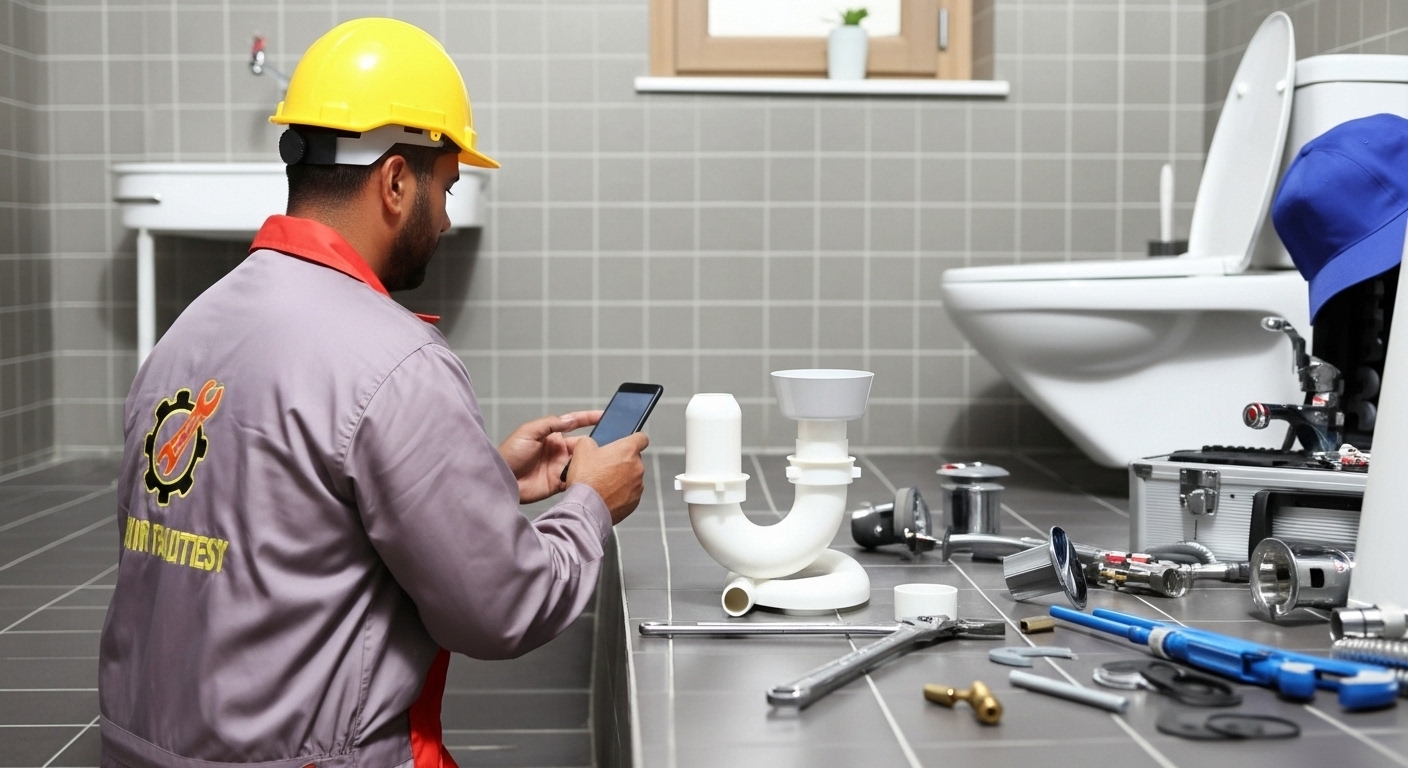
Why Professional Plumber Training is Essential for Modern Construction
Posted by Ashtar TTC Team on December 1st, 2025
Beyond the Leaky Faucet: The Modern Plumber
When many people think of a plumber, they imagine someone fixing a simple leak under a sink. While that is part of the job, the role of a professional plumber in modern construction is far more complex and critical. Today's large residential, commercial, and industrial buildings have intricate systems for water supply, drainage, gas, and fire suppression that require a high level of technical expertise. This is why a professional Plumber Course is so essential.
The Role of a Professional Plumber
A professional plumber is responsible for the health and safety of a building's occupants by ensuring clean water comes in and waste goes out safely. Their work involves:
- Installing Complex Systems: This includes multi-story water supply lines, extensive drainage and ventilation systems, natural gas piping, and sophisticated fire sprinkler systems. A tool like our Pipe Flow Rate Calculator is used daily in these designs.
- Reading Blueprints: Professional plumbers must be able to read and interpret detailed plumbing and mechanical blueprints to understand the entire system layout.
- Adhering to Building Codes: Modern plumbing is governed by strict building codes that dictate everything from pipe material to the slope of a drain. A professional plumber ensures all work is compliant and safe, often using tools like a Slope & Grade Calculator for drainage.
- Working with Various Materials: They work with a wide range of materials, including copper, PVC, PEX, cast iron, and stainless steel, each requiring different joining techniques.
Why Formal Training is a Must
Gone are the days of learning plumbing simply through informal apprenticeship. Formal training from an institute like Ashtar Trade Test & Technical Training Centre provides:
- Theoretical Knowledge: Understanding the principles of fluid dynamics, pressure, and sanitation.
- Practical Skills: Hands-on practice in a workshop environment allows students to master techniques before they go to a job site.
- Safety Training: Learning to work safely with tools, at heights, and in confined spaces. This often overlaps with the responsibilities covered in our HSE course.
- Certification: A formal certification is proof of your skills and is often a requirement for working on major construction projects, especially for overseas employment.
Investing in professional plumber training is an investment in a stable, in-demand career that is essential to the construction industry worldwide. It's a skilled trade on par with welding and electrical work in terms of opportunity.
